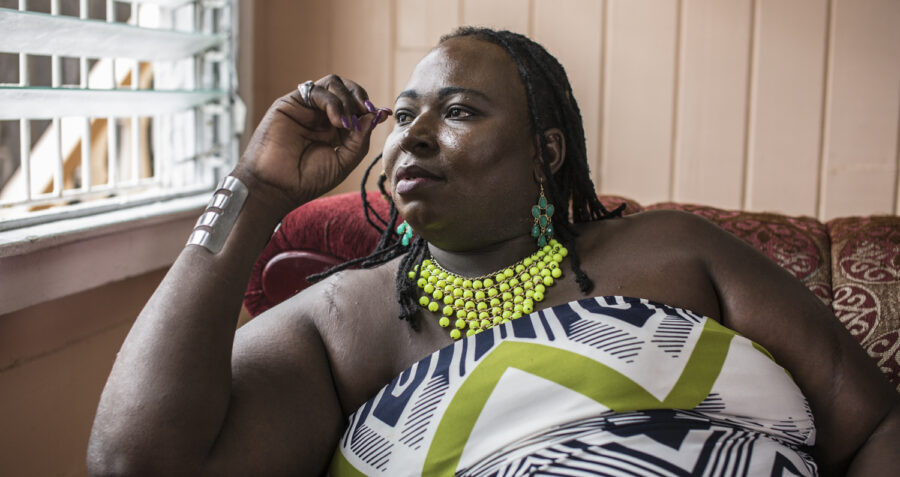New UNAIDS data shows complacency is costing lives

Frontline AIDS response to the 2021 UNAIDS Global AIDS Report.
Frontline AIDS today voiced deep concern following the release of UNAIDS data showing that global progress on HIV and AIDS is in danger. The 2021 Global AIDS Report warns that the number of people acquiring HIV has increased for several years running in Eastern Europe and Central Asia, the Middle East and North Africa and Latin America, and is now climbing in the Asia Pacific region too. A total of 650,000 people died of AIDS related illness in 2021, equivalent to a person dying every minute, and 1.5 million people were newly infected.
Christine Stegling, Executive Director of Frontline AIDS says,
We are in a state of dangerous inaction, with governments and donors losing interest in the HIV response at the very point when many regions face growing epidemics. This complacency is costing lives and we urgently need action – and funding – to get our goal of ending AIDS back on track.
A number of countries recorded significant reductions in new HIV infections last year, including Cote d’Ivoire, Malawi and Vietnam where Frontline AIDS works closely with civil society partners. Overall however, we are concerned that the world is beginning to tolerate a stalled HIV response which year on year shows only meagre progress and fails to reach those most at risk. In 2021, key populations including sex workers and their clients, men who have sex with men, people who inject drugs and transgender people and their sexual partners accounted for 70% of HIV infections globally. In sub-Saharan Africa, adolescent girls and young women continue to be extremely vulnerable to HIV infection, accounting for six in every seven new HIV infections among young people aged 15–19.
“The new Global AIDS report shows that it is high time for governments to find political will and take the bold steps that are needed to end AIDS, said Stegling, “from rolling out sexuality education and scaling up gender-transformative programmes, to repealing laws which stop young people from accessing HIV services and ending the criminalisation of key populations. Governments and donors need to increase investment in community-led responses which play a key role in getting HIV services to those who would otherwise be left behind.”
Frontline AIDS also welcomed signs in the 2021 estimates that the HIV prevention drug PReP could be beginning to have an impact on HIV incidence in several high prevalence countries in Southern Africa. We have supported calls from our partners in East and Southern Africa – echoed by UNAIDS and the Global HIV Prevention Coalition – for national and global action to rapidly increase access to the new injectable form of PReP and to other key innovations such as the Dapivirine vaginal ring. We also call for integrated approaches to HIV, HPV and female genital schistosomiasis to prevent new HIV infections and support the health and rights of women and girls.
Tags
2021 AIDS data2021 UNAIDS reportHIV preventionUNAIDS


